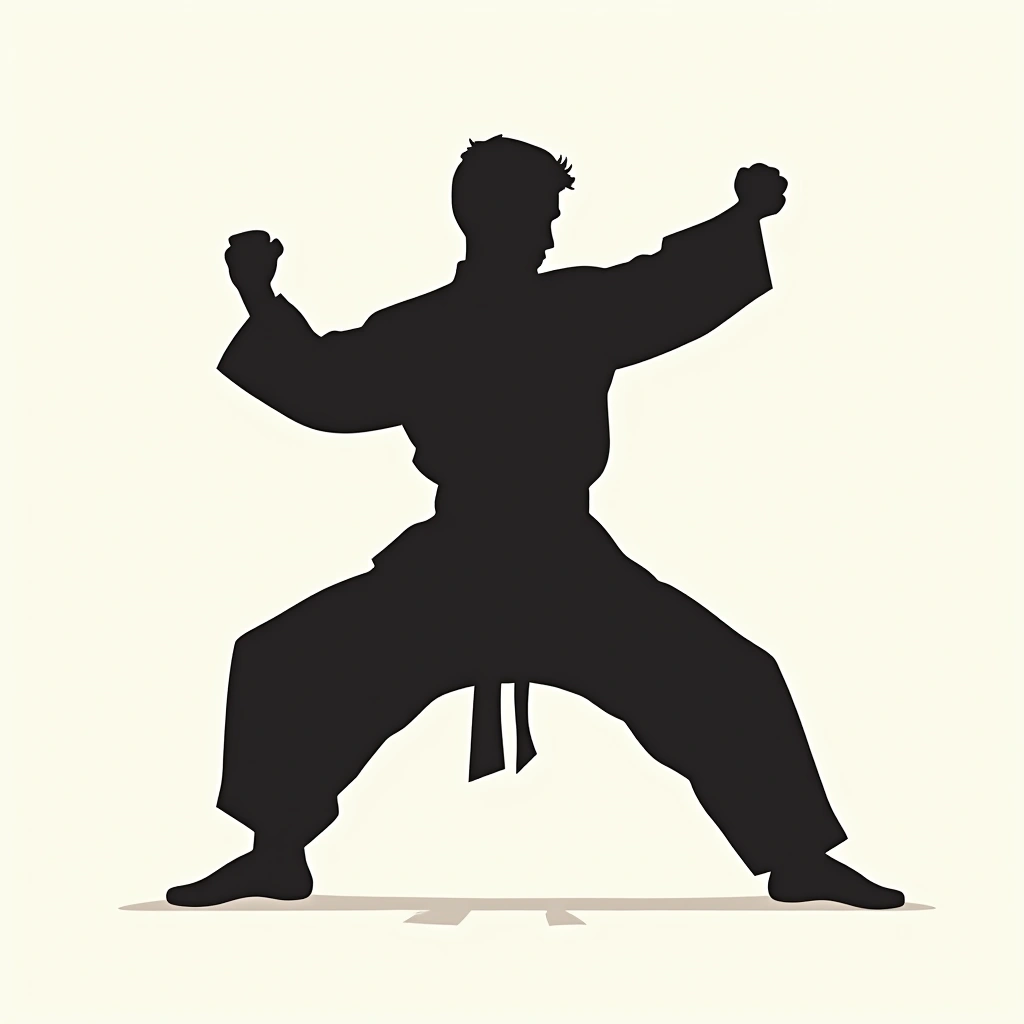Jack Ma Habits for Strategic Leadership and Innovation
Unlocking Strategic Leadership: The Habits of Jack Ma
Jack Ma, the visionary co-founder of Alibaba, is renowned for his unconventional approach to business and leadership. His success is not just attributed to brilliant ideas, but also to a carefully cultivated set of daily and weekly habits. These routines are designed to foster strategic thinking, drive innovation, and maintain a relentless focus on both the big picture and the minute details.
From early morning reflection to customer immersion and competitive analysis, Ma's habits offer a blueprint for leaders seeking to build resilient and adaptive organizations. These practices are not just about personal productivity, but about creating a system of continuous improvement and learning that permeates every level of an organization.
- Focus on strategic planning and reflection
- Emphasis on continuous learning and diverse perspectives
- Deep understanding of customer needs and market dynamics
- Commitment to resilience and adaptability
- Culture of innovation and experimentation
Delve into these habits to understand the principles that powered Alibaba's meteoric rise and discover actionable strategies to elevate your own leadership and drive impactful change.
Filter Habits
 Jack Ma's Habit Sets
Jack Ma's Habit Sets

Wake at 5 AM
Begin each day with early rising to gain quiet planning time before daily demands emerge. This creates mental space for strategic thinking and priority alignment.
Why This Matters
Jack Ma starts his day at 5 AM to capitalize on uninterrupted morning hours for reflection and goal-setting. This aligns with his philosophy that early hours offer peak mental clarity for leadership decisions at Alibaba.

Practice Tai Chi
Engage in daily martial arts-inspired movement meditation to synchronize body and mind. Enhances balance, reduces stress, and improves decision-making stamina.
Why This Matters
Ma uses Tai Chi to maintain physical health and mental discipline required for leading a global company. The practice helps him sustain energy through 16-hour workdays while staying grounded.

Read voraciously daily
Dedicate morning and evening sessions to consuming books on technology, philosophy, and history. Cross-disciplinary learning sparks innovative business strategies.
Why This Matters
Ma attributes Alibaba's adaptability to his habit of reading 2+ books weekly. He believes exposure to diverse ideas prevents corporate stagnation and fuels creative problem-solving.

Conduct pulse meetings
Hold brief daily check-ins with team leaders to identify operational bottlenecks. Encourages rapid issue resolution without formal bureaucracy.
Why This Matters
Ma implemented this at Alibaba to maintain agility as the company scaled. Direct communication prevents silos and ensures strategic alignment across departments.

Walk during lunch
Take 20-minute post-lunch walks to aid digestion and mental reset. Combats afternoon energy slumps without caffeine dependency.
Why This Matters
Ma found walking helps him process morning decisions and approach afternoon challenges with fresh perspective. This habit sustains his legendary work endurance.

Nightly progress audit
Review daily achievements against quarterly goals before sleep. Identifies course corrections early while reinforcing priority alignment.
Why This Matters
Ma uses this ritual to maintain strategic focus amid operational chaos. It's how he drove Alibaba's growth from apartment startup to $500B market cap.

Embrace rejection journaling
Document professional setbacks and extract lessons weekly. Transforms failures into tactical improvement plans.
Why This Matters
After being rejected from 30+ jobs early on, Ma developed this habit to build resilience. He credits it for Alibaba surviving early dot-com crashes.

Customer immersion days
Spend 1 day monthly handling frontline customer service calls. Maintains direct market insight despite executive responsibilities.
Why This Matters
Ma instituted this at Alibaba to prevent leadership detachment. He believes customer voices must directly shape corporate strategy.

Reverse mentoring sessions
Meet biweekly with junior employees to learn emerging trends. Combats obsolescence by tapping into younger perspectives.
Why This Matters
Ma attributes Alibaba's web3 initiatives to insights from Gen Z mentors. He believes leaders must continuously refresh their mental models.

Weekend digital detox
Disconnect completely from emails and messaging apps for 48 hours. Allows cognitive recovery and creative subconscious processing.
Why This Matters
Ma guards weekends for family and reflection. This habit helps him return Monday with innovative solutions to complex problems.

Micro-innovation timeboxing
Block 90-minute afternoon slots for experimental projects unrelated to KPIs. Encourages breakthrough thinking beyond quarterly targets.
Why This Matters
Ma credits this habit for Alibaba's cloud computing pivot. Protected innovation time prevents hyperfocus on immediate deliverables.

Gratitude visualization
Spend 5 minutes nightly mentally reviewing positive interactions. Strengthens relationship focus and emotional resilience.
Why This Matters
Ma uses this to counterbalance high-pressure decisions. It helps him maintain empathy despite aggressive business moves.

Pre-meeting intention cards
Write core objective on index card before entering any meeting. Prevents scope creep and maintains conversational focus.
Why This Matters
Ma developed this habit to combat unproductive meetings as Alibaba scaled. Ensures every discussion drives tangible outcomes.

Competition post-mortems
Analyze rival companies' failures monthly to identify industry patterns. Turns competitors' missteps into strategic learning opportunities.
Why This Matters
Ma institutionalized this at Alibaba to foster external awareness. It's key to their ability to disrupt established markets.

Cross-industry benchmarking
Study non-competing companies quarterly to borrow best practices. Drives innovation through analogous problem-solving.
Why This Matters
Ma's analysis of Disney's customer experience directly influenced Alibaba's entertainment verticals. He believes breakthroughs come from unexpected sectors.
Silent observation days
Spend one day monthly visiting Alibaba facilities without speaking. Gains unfiltered insights into operational realities.
Why This Matters
Ma uses this to bypass curated executive briefings. Direct observation surfaces issues metrics might miss.

Legacy journaling
Write weekly entries about desired long-term impact beyond profits. Aligns daily actions with multi-generational goals.
Why This Matters
Ma's focus on education philanthropy stems from this habit. It ensures business success creates societal value.

Decision latency tracking
Log time taken for major decisions to identify hesitation patterns. Improves leadership responsiveness over time.
Why This Matters
Ma implemented this to combat analysis paralysis as Alibaba grew. The data revealed bottlenecks in their governance model.

Stakeholder gratitude calls
Make 3 unscheduled appreciation calls weekly to vendors or partners. Strengthens ecosystem loyalty beyond transactions.
Why This Matters
Ma believes business is ultimately about human connections. This habit turned suppliers into innovation collaborators.

Scenario war-gaming
Simulate extreme market conditions quarterly with leadership team. Builds organizational resilience against black swan events.
Why This Matters
Ma credits this habit for Alibaba surviving the 2008 financial crisis. It's now core to their risk management philosophy.
Key Takeaways for Cultivating a Habit System
Jack Ma's habits, while unique to his context, offer universally applicable principles for anyone seeking to enhance their leadership and drive innovation. The core of his approach lies in building a systematic and holistic habit framework that addresses different facets of personal and professional growth.
- Strategic Foresight: Embrace habits like early morning planning, nightly audits, and competition analysis to proactively shape your future and anticipate market shifts.
- Continuous Learning: Prioritize voracious reading, reverse mentoring, and cross-industry benchmarking to stay ahead of the curve and foster a culture of curiosity.
- Customer Centricity: Incorporate customer immersion days and silent observation to maintain a direct pulse on customer needs and operational realities, preventing executive detachment.
- Resilience and Adaptability: Practice rejection journaling, scenario war-gaming, and digital detox to build mental toughness and organizational agility in the face of challenges.
- Intentional Action: Utilize pre-meeting intention cards, decision latency tracking, and micro-innovation timeboxing to ensure focused execution and breakthrough thinking.
Start integrating these key takeaways into your daily and weekly routines to unlock your leadership potential and build a habit system that drives meaningful impact.
